
What's your diagnosis for a 45-year-old woman who experienced strange symptoms after taking an advanced yoga class?

What's your diagnosis for a 45-year-old woman who experienced strange symptoms after taking an advanced yoga class?
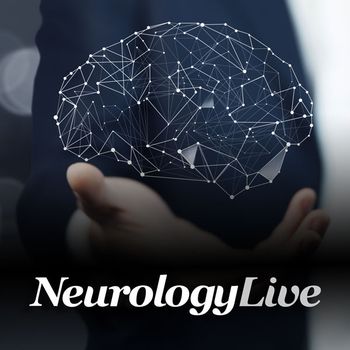
Responses from 1300 physicians suggest that increasing patient load and adding ancillary services may be the key to increasing annual income.

In addition to efficacy end points, the WEB system was markedly safer compared to current treatments, with no primary safety end points occurring between 30 days and 1 year.
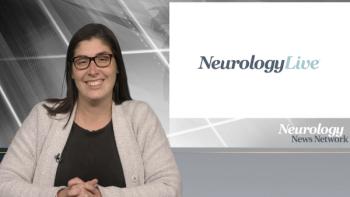
Neurology News Network for the week of April 6, 2019.

Survey respondents expressed willingness to participate in a randomized trial to evaluate the benefit of acute internal carotid stenting in patients undergoing endovascular thrombectomy.
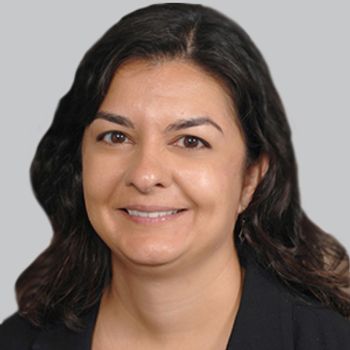
The findings from a secondary post hoc analysis suggest that intravenous alteplase is of similar benefit in patients with lacunar infarcts as in those with other stroke subtypes.
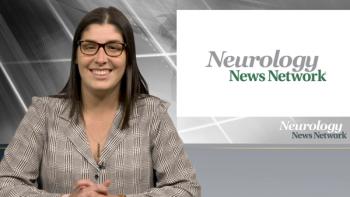
Neurology News Network for the week of March 16, 2019.

Ned Sharpless, MD, the director of the National Cancer Institute, has been named to the position of acting FDA Commissioner. The announcement was made just a week after the current commissioner, Scott Gottlieb, MD, announced his plans to resign in early April.
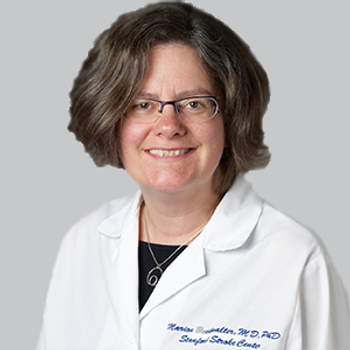
An immune profile in blood drawn 2 days after an ischemic stroke has been shown to predict the likelihood of the loss of mental acuity, 1 year later.
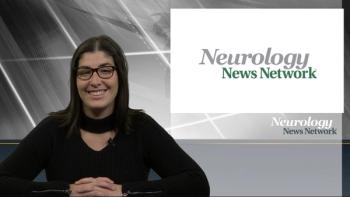
Neurology News Network for the week of March 9, 2019.
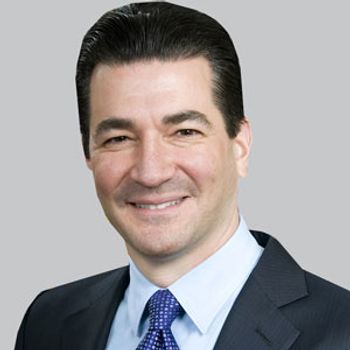
The 23rd FDA commissioner’s resignation is effective in about a month; his successor has not yet been named.
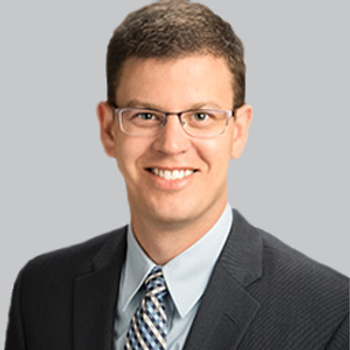
The pediatric critical care medicine attending physician in the Department of Anesthesiology and Critical Care Medicine at the Children’s Hospital of Philadelphia spoke about how physicians can better address brain death in pediatric patients.
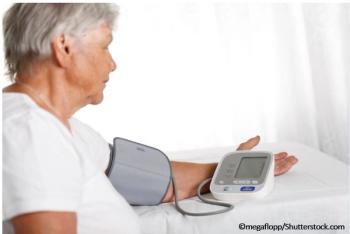
According to recently published results from the SPRINT MIND trial, the jury is still out.

The framework consists of 2 documents that expand on the agency’s plans for its risk-based approach for describing drugs, devices, and biologics, including those designated as regenerative medicine advanced therapies.
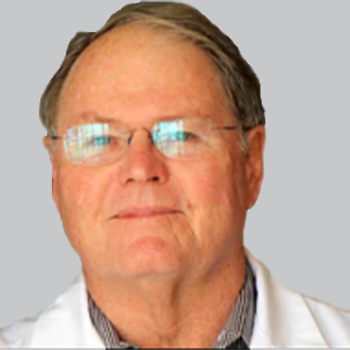
Ultimately, the risk of the composite end point of stroke and myocardial infarction was reduced by 40%, and the risk of stroke alone was reduced by 33%.
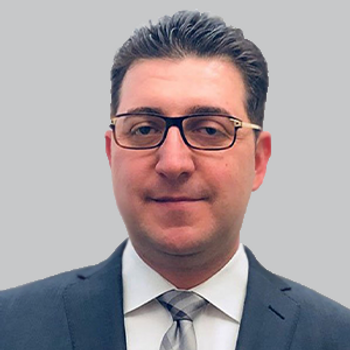
The investigators concluded that these findings have implications which suggest that transferring patients for late-window thrombectomy is associated with substantial clinical benefits and should be strongly encouraged.
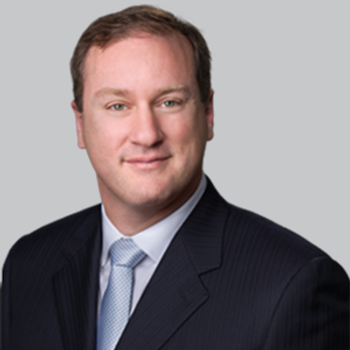
The Medtronic product will now be available for use with patients with small or medium wide-necked aneurysms in the area from the petrous to the terminus of the internal carotid.
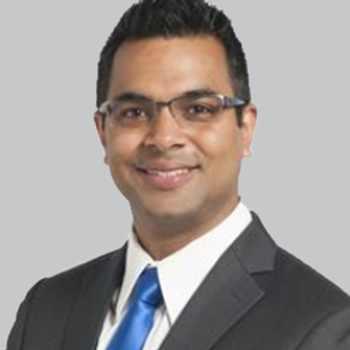
The stroke specialist at the Cerebrovascular Center at Cleveland Clinic detailed how patients who were rehabilitated earlier were shown to have better outcomes and a shorter stay in the intensive care unit in this study.
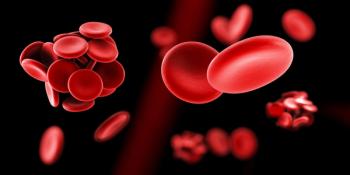
Receiving a thrombectomy to remove a blood clot up to 16 hours after stroke onset may benefit a broad range of patients.

A 67-year-old woman presents with symptoms of symptoms of daytime fatigue and sleeplessness at night due to excessive nighttime movements over the course of three months. Her husband is concerned that she could be having seizures.

In a nutshell: results from a meta-analysis of 5 clinical studies that assessed non–vitamin K antagonist oral anticoagulants vs aspirin.
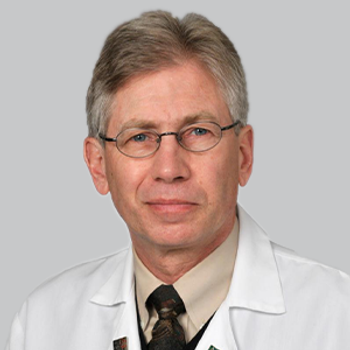
The AAN position statement author further addressed the opposing position of the Nevada law, the AAN’s position on brain death, and what clinicians need to know in regard to determining it.

The Chair of the AAN’s Ethics, Law and Humanities Committee spoke to the American Academy of Neurology’s goal to improve the consistency of determining brain death.
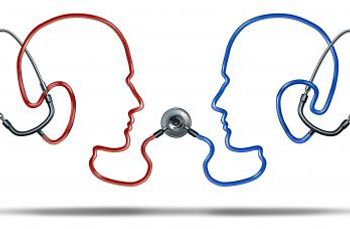
Findings from a pooled analysis of SWIFT and STAR studies analyzed whether IV thrombolysis added clinical benefit in acute ischemic stroke.
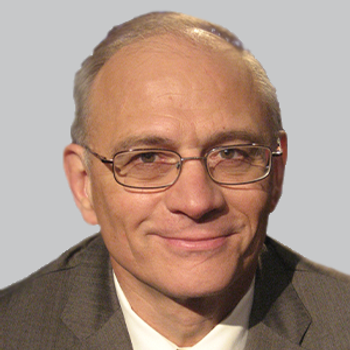
The Clinical Director of the NHGRI spoke about the impact of the NIH program and its future development.